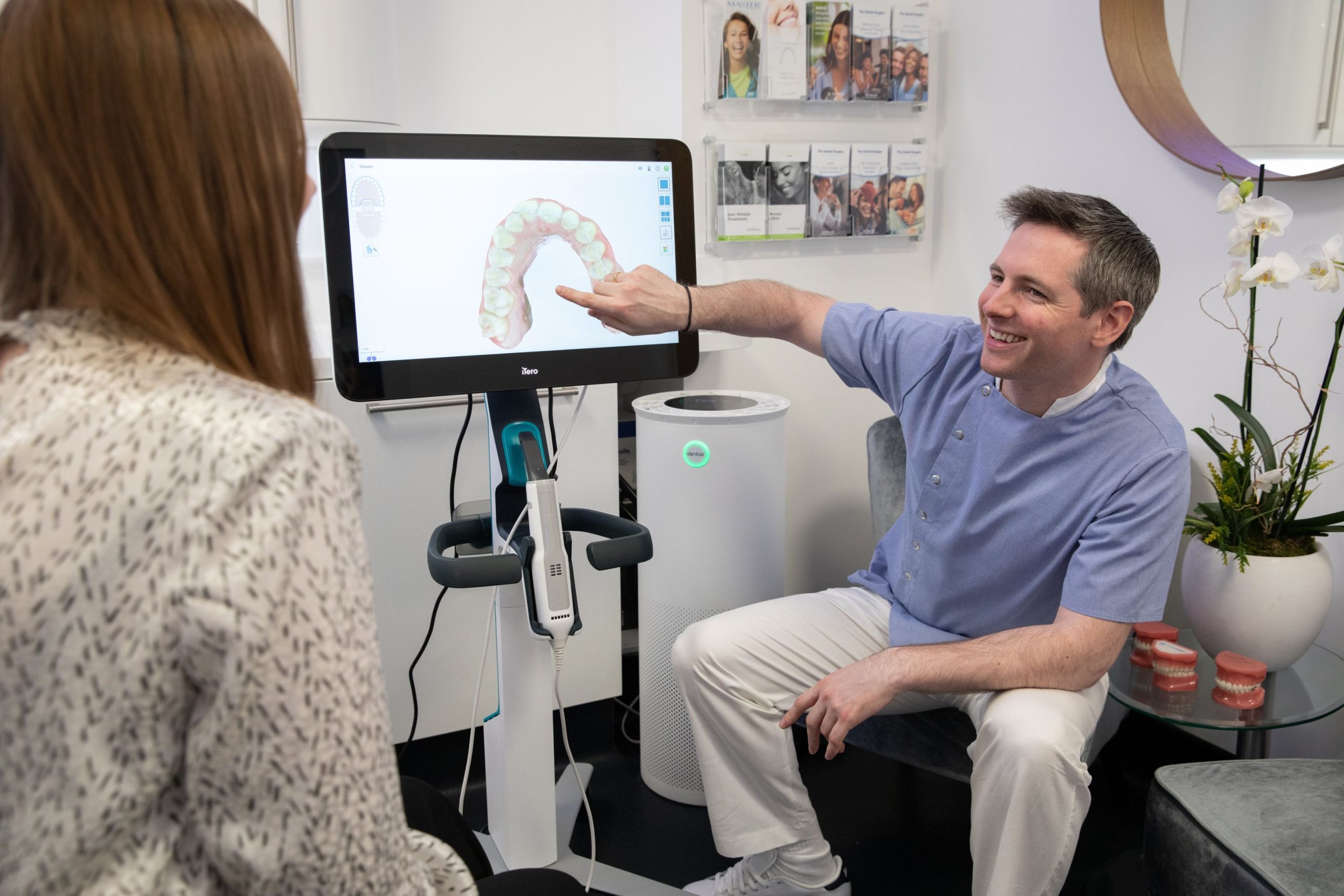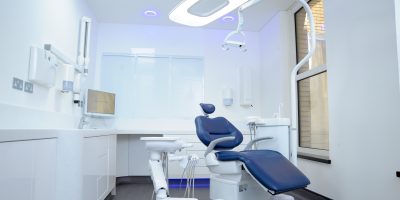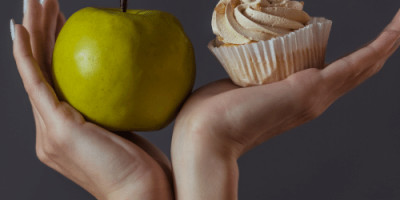- Categorised as:
- Periodontics
- Dental Hygiene
8 Reasons To Get Your Teeth Professionally Cleaned
You clean your teeth twice a day, you brush and floss and perhaps even invested in a fancy electric toothbrush (maybe even a sonic one). You may even have mastered the habit of spitting out your toothpaste but not rinsing it away with water (which we recommend as this keeps the fluoride in the toothpaste on your teeth for longer, maximizing the benefits from this).
Why then would you need to get your teeth cleaned professionally? What’s the point, you’ve got teeth cleaning covered, right?
Actually, there are compelling reasons to go for a professional clean by a dental hygienist on a regular basis, even if you have a superb home oral hygiene routine.
The problem with simply listing foods to avoid is that there are so many of them. The list quickly looks prescriptive; it is natural then to start wondering just what is OK to eat and drink.
1. Addresses the inevitability of plaque and tartar build-up
No matter how well you clean your teeth at home, over time there is almost certain to be some degree of plaque and tartar build-up from the natural bacteria and minerals in your saliva.
It is simply impossible to stay on top of oral hygiene 24/7 however good your intentions or however hard you try. A great home routine is of huge value and will help to keep many issues at bay. However, once plaque hardens to the dental calcium called tartar, it cannot be removed without professional help and if left untreated can eat away at your teeth leaving them weak and susceptible to other dental qualms.
2. Gets the job done well
It is very tricky to see into all the corners of our own mouth, and even where we can, our eyes aren’t trained to see the areas that need a little more TLC.
Brushing at home, you might be pretty sure that the front of your teeth look good, but less certain about the state of your molars or the back of your teeth. These areas often need more attention as they are close to the salivary glands and are more likely to get a build-up of plaque.
If you have had dental treatment done, you may also need a more thorough clean. Plaque can build up behind fixed metal retainers following orthodontic treatment, and implants need to be very well cleaned to prevent infection.
3. It’s painless
Most appointments with the hygienist are relatively quick and made to be as comfortable as possible.
Much of the initial treatment is done using the latest technology in dental hygiene – the Airflow device – which uses a combination of water and fine powder to remove surface stains and early tartar. The clean is more effective and focused than anything that is achievable at home, but still gentle. Many of our patients have commented on how painless this treatment has been, with some even falling asleep in the chair!
We can also provide comfort aids such as numbing agents should you suffer from extreme sensitivity.
4. A confidence boost
The immediate benefits of having your teeth cleaned by a dental hygienist can give you that little boost you may need prior to a party, an interview or just as a treat. After a professional clean, you will have teeth that feel cleaner, a smile perhaps a little brighter and fresher breath. Removing stains from tea, coffee, red wine and smoking can often be achieved in only one appointment.
Seeing a hygienist is also a great way of maintaining your whiter smile after teeth whitening treatment and most definitely recommended before starting your teeth whitening journey.
It is at this stage that improved dental hygiene, and potentially cutting out or cutting back on a few of the worst offending food items, becomes key to prevent any return of the condition.
Making other lifestyle changes can also be beneficial, for example cutting down on smoking. We will explore some of the lifestyle changes that could boost your long-term dental health in a future blog post.
5. It helps prevent gum disease
The statistics concerning gum disease are indeed concerning – most adults will have some degree of gum disease at some point in their life.
For most, this will be the earliest stage, gingivitis. At this stage, there is likely to be some swelling of the gums, potential bleeding on brushing and often bad breath (halitosis).
Gingivitis can also progress to the more aggressive periodontitis, a far more serious condition whereby the bone is gradually eroded and teeth can become weak, loose and even fall out.
Gum disease is brought about by the build-up of bacteria. Regular professional appointments with a hygienist help remove the deposits that create the environment that can lead to gum disease.
Given that periodontitis, serious in itself, is also linked to other conditions such as heart problems, diabetes, problems in pregnancy and potentially cancer, it is true to say that regular, short appointments for professional cleaning can help to prevent the onset of far bigger future concerns.
A little time invested now can prevent major future problems.
6. It’s a chance to spot other issues
During your appointment the hygienist can spot other issues that may need further investigation. Oral lesions and suspect areas can be left unnoticed or ignored at home but addressing them during these appointments may help to prevent a seemingly small issue growing into something more serious.
A BPE (basic periodontal examination) and plaque score is taken during each hygiene appointment to monitor gum disease and ensure that healthy gums are maintained.
A little time invested now can prevent major future problems.
7. You get a “personal shopper”
With so many dental products in the shops and online, it’s often difficult to make the right decision as to which products you should opt for. Choosing the right oral hygiene aids for your specific dental health is just as important as choosing skincare that suits your skin. Do your gums bleed when brushing your teeth? Do you have difficulty flossing between your teeth? Are you prone to mouth ulcers? A hygienist gets to know your oral health and can recommend the best toothbrushes, toothpastes, interdental brushes and more to suit your needs.
8. It’s covered
Many dental plans cover regular cleanings as it is in the insurer’s interests for their clients to have their oral health looked after to reduce the likelihood of more expensive future dentistry.
Even without dental insurance, a professional clean is not an expensive procedure and the benefits make it money well spent. A professional cleaning of your teeth leaves them in a healthy state and supports the belief that prevention is better than cure; it is far better to maintain optimal oral health than it is to allow problems to develop and have difficulty addressing them later on.
Every person’s oral health differs based on individual factors such as genetics, diet and lifestyle, and even certain medications. Your hygienist will advise how often you may need to revisit them within a given period dependent on what is suitable for your oral health.
Maintaining regular appointments with a dental hygienist serves to complete your overall dental hygiene routine, and who knows, you may even be able to catch up on some sleep during the appointment!
Do you have a specific question?
Get in touch with us today.



